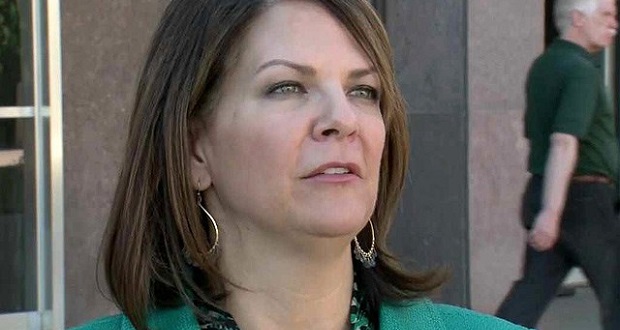Legislators consider preemptive repeal of controversial election bill
Hank Stephenson and Ben Giles//January 15, 2014//[read_meter]
Legislators consider preemptive repeal of controversial election bill
Hank Stephenson and Ben Giles//January 15, 2014//[read_meter]
Sen. Michele Reagan, R-Scottsdale (Cronkite News Service Photo by AJ Vicens) Lawmakers are considering introducing legislation to repeal last year’s election reform bill, HB2305, which remains...
















